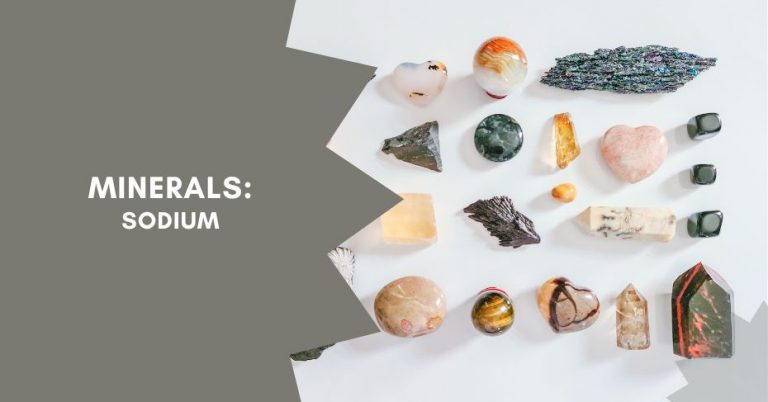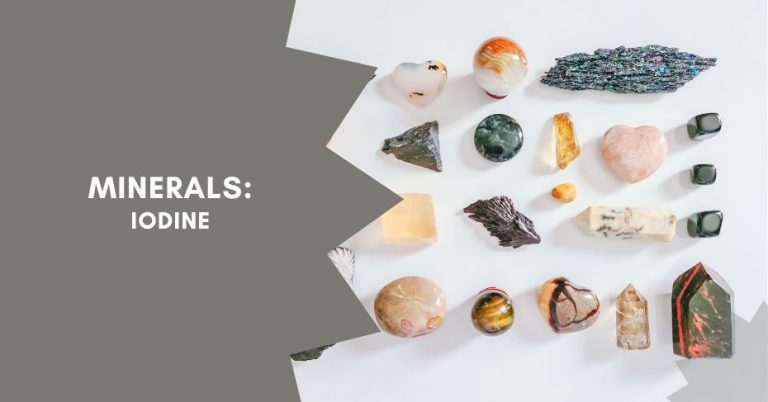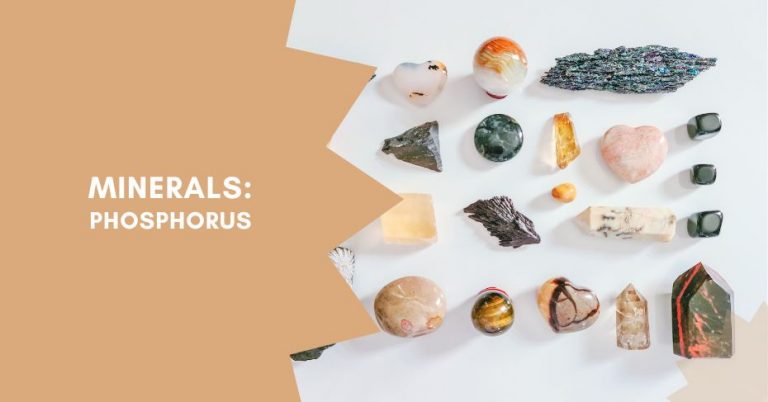Selenium is an essential mineral that plays a vital role in many of the body’s processes. It has antioxidant properties and helps protect against oxidative damage to cells, as well as supporting immune system health. But it isn’t just that—selenium has been linked to numerous other health benefits. Let’s take a look at what selenium is, how it works, and why you need it for optimum health.
What is Selenium?
Selenium is an essential mineral found in soil and certain foods, including Brazil nuts, sunflower seeds, mushrooms, fish, eggs, garlic and whole grains. It plays a crucial role in metabolism and other biological functions. For instance, selenium helps produce active thyroid hormones that regulate metabolism and helps create antioxidant enzymes that protect our cells from potentially harmful molecules called free radicals. Additionally, selenium aids the immune system by helping to create white blood cells that fight off infection.
What Does Selenium Do?
Selenium helps the body produce antioxidants which protect cells from damage caused by free radicals. It also plays an important role in metabolism and thyroid health. Additionally, selenium works with zinc and vitamin E to strengthen the immune system—it helps white blood cells fight infections more quickly and efficiently.
Selenium is also essential for reproductive health, particularly for men. Studies have shown that selenium increases sperm motility (movement) as well as their overall quality and viability. Furthermore, selenium has been linked to reduced risk of certain types of cancer such as prostate cancer; however, more research is needed before any definitive conclusions can be drawn on this topic.
How Much Selenium Should We Have?
The Recommended Dietary Allowance (RDA) for selenium varies depending on your age and gender; women need slightly more than men do. Generally speaking though, adults should aim to get around 55 micrograms (mcg) of selenium each day. While most people can meet their daily needs with food alone, some may benefit from taking a supplement if they are deficient or have specific medical conditions like HIV/AIDS or cancer. It’s important to talk with your doctor before taking any supplement to make sure it won’t interfere with any medications you may be taking or aggravate any existing conditions you have.
What Are The Benefits of Taking Selenium?
Studies suggest that getting enough selenium can help reduce inflammation in the body which can be beneficial for those suffering from autoimmune diseases like Crohn’s disease or rheumatoid arthritis. Furthermore, those who get adequate amounts of the mineral may be less likely to develop certain types of cancers such as prostate cancer or colon cancer since it acts as an antioxidant which helps protect against cell damage caused by free radicals in the body. Additionally, research suggests that selenium could help improve cognitive function by enhancing memory recall and reducing mental fatigue; this makes sense given its role in metabolic processes related to brain activity.
Bottom Line
In conclusion, selenium is an important mineral for overall health—it supports the immune system by helping create white blood cells that fight off infection; protects cells from oxidative damage; reduces inflammation; and could even help enhance memory recall and reduce mental fatigue! While most people can meet their daily needs through diet alone (Brazil nuts are especially high in selenium!), some individuals may need supplementation due to medical conditions or deficiencies – be sure to talk with your doctor before starting any new supplementation regimen! Regardless of whether you get your daily dose through food sources or supplements though – make sure you get enough so you can reap all the amazing benefits this essential mineral has to offer!





